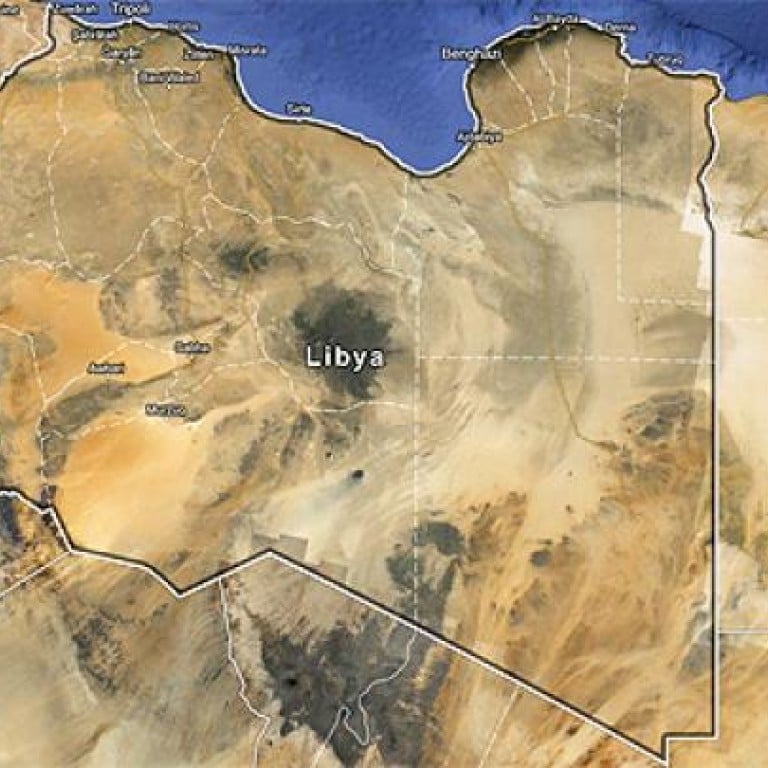
Britain warns of ‘specific’ threat in Benghazi
Britain’s Foreign Office on Thursday urged its nationals to leave the eastern Libyan city of Benghazi due to a “specific and imminent threat to Westerners” there.
The alert came just hours after Prime Minister David Cameron warned that last week’s deadly attack in Algeria was only one part of what would be a “long struggle against murderous terrorists” around the world.
“We are now aware of a specific and imminent threat to Westerners in Benghazi, and urge any British nationals who remain there against our advice to leave immediately,” the Foreign Office said in a statement.
“We cannot comment further on the nature of the threat at this time.”
The warning also came a day after US Secretary of State Hillary Clinton gave an emotional appearance before Congress about the attack on the US mission in Benghazi on September 11, which killed the US ambassador and three other people.
She warned of the challenge posed by rising militancy after the Arab Spring, saying the Arab revolutions had “shattered security forces across the region”.
Around the time of the attack, Britain advised against all travel to Benghazi and most of Libya, with the exception of Tripoli and a clutch of other towns.
Earlier this month, Italy temporarily closed its consulate in Benghazi and pulled its staff out of the country following a failed gun attack on the consul.
Following last week’s bloody hostage crisis in Algeria, Cameron has promised to put the issue of terrorism on the top of the agenda at the G8 summit in Northern Ireland in June, which he is hosting.
Dozens of foreigners were killed when Islamist gunmen attacked a remote desert gas complex at In Amenas, including at least three Britons, with another three, plus a British resident, still missing and believed to be dead.
At least 37 foreign hostages were killed, including Western and Asian nationals, according to a preliminary death toll, as well as one Algerian hostage. Several people are still missing and some bodies have not yet been identified.
There have been reports that the hostage-takers entered Algeria from Libya and also used weapons left over from late dictator Moamer Kadhafi’s arsenal, although Libyan Prime Minister Ali Zeidan has denied the claims.
In a speech at the World Economic Forum in Davos, Cameron warned that battling the threat of terrorism would require playing the long game.
“I believe we are in the midst of a long struggle against murderous terrorists and the poisonous ideology that supports them,” he said.
“As we have successfully put pressure on al-Qaeda in Afghanistan and Pakistan, so al-Qaeda franchises have been growing for years in Yemen, Somalia and parts of North Africa – places that have suffered hideously through hostage-taking, terrorism and crime.
“To defeat this menace, we’ve got to be tough, intelligent and patient – and this is the argument I’ll be making at the G8.”
Cameron said that in some cases, military action was the right option, praising the ongoing French operation against Islamist rebels in Mali, for which Britain is providing logistical and surveillance support.
“But we need to combine a tough security response with an intelligent political response,” he said.
“We need to address the poisonous narrative these terrorists feed on, close down the ungoverned space in which they thrive and deal with the grievances they use to garner support.”
The international community should do everything it could to support the “building blocks of democracy” such as the rule of law and a free media, he said, adding: “The Arab Spring remains part of the solution, not part of the problem.”
